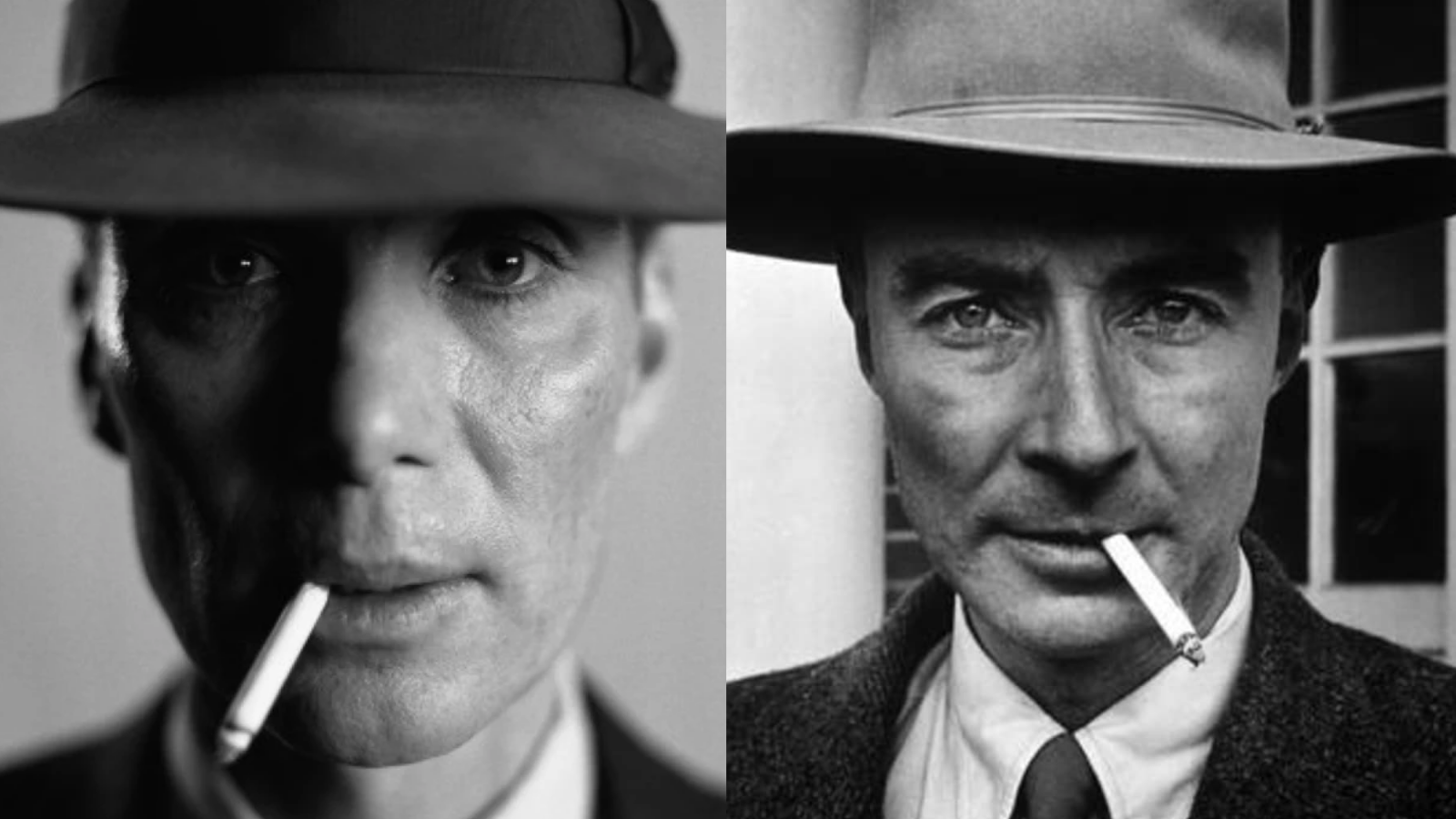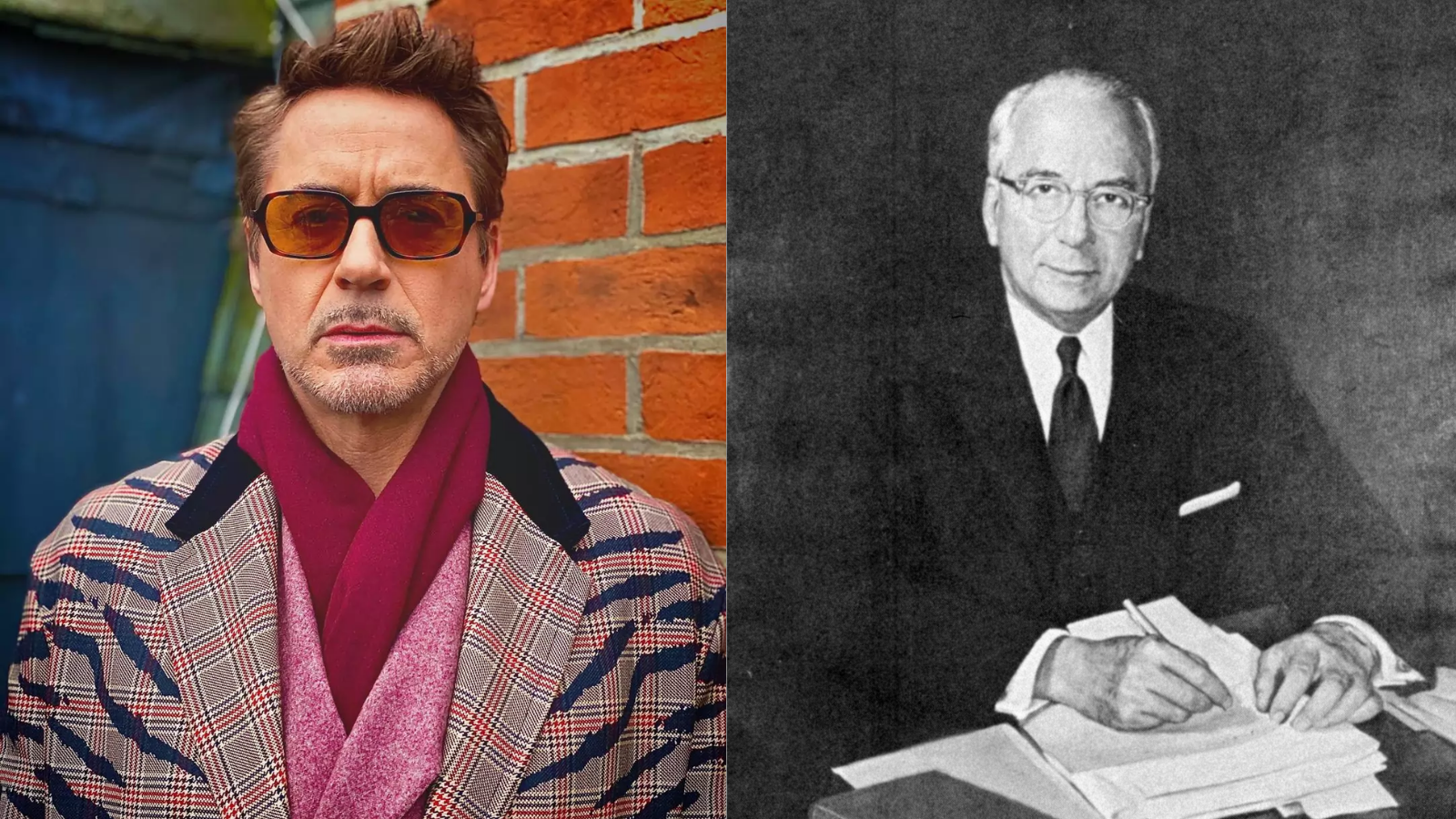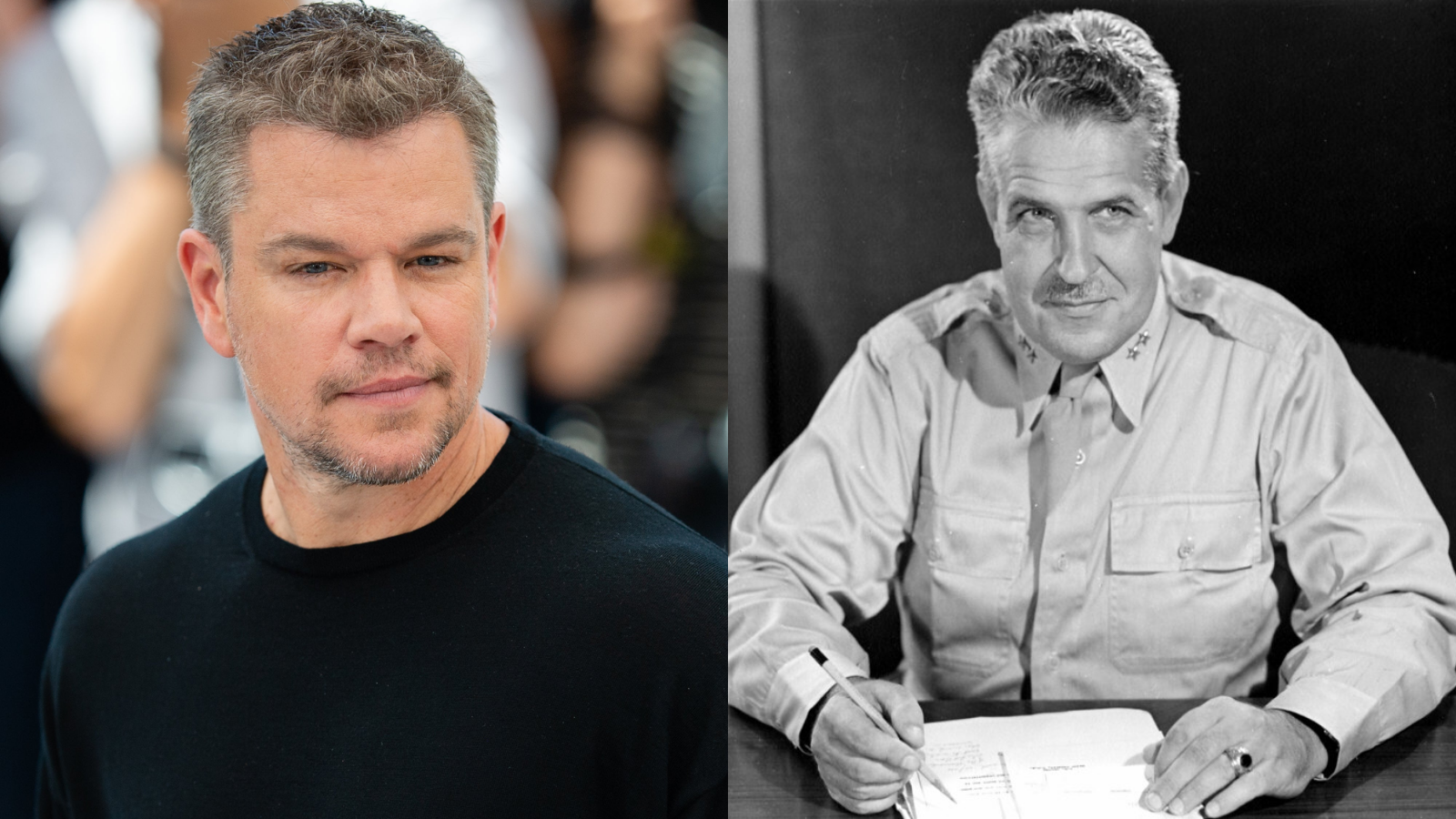Now that Oppenheimer is blowing up theaters everywhere, some may wonder whether the real J. Robert Oppenheimer ever won a coveted Nobel Prize like some of his physicist colleagues.
In case you’re not already aware, Oppenheimer was the man appointed by Gen. Leslie Groves (played by Matt Damon in Christopher Nolan’s film) to lead America’s effort to build the world’s first atomic bomb during World War II. Though he was successful and some still argue today that its use in the field may have ended the war, as intended, it is still debatable as to Oppenheimer’s overall legacy in history. After all, the Germans had already surrendered and Adolf Hitler took his own life by the time the U.S. dropped two nuclear bombs on Japan, killing hundreds of thousands of (mostly) civilians.
However, as important and devastating as Oppenheimer’s impact is, the question remains: did he win a Nobel prize at any point in his life — either before or after the war? According to the science-focused YouTube channel Veritasium in their video Why Oppenheimer Deserves His Own Movie, the answer is no.
According to the video, fellow physicist Murray Gell-Mann remarked that he thought Oppenheimer never won the Nobel prize because “He didn’t have Sitzfleisch.” Sitzfleisch, the German word whose literal translation is “sitting flesh,” refers to “the ability to sit down in a chair for a long time to do the hard work,” the video explained. Gell-Mann continued: “He never wrote a long paper or did a long calculation. He didn’t have patience for that.”
Another physicist, Wolfgang Pauli, echoed those sentiments, saying of Oppenheimer: “His ideas are very good, but his calculations are always wrong.”
An outsider who rose to the occasion
By all accounts, Oppenheimer was a bit of an outsider when it comes to being chosen as the lead scientist for the Manhattan Project’s secret laboratory in New Mexico. In fact, it is known through the scientist’s own accounts of his life that he was so bad at conducting laboratory experiments properly that he went into the theoretical side of physics as a result.
Indeed, Oppenheimer’s lack of a Nobel Prize and some unsavory connections to those who identify as Communists made him a puzzling choice to some of Groves’ colleagues at the time. However, it is believed the scientist’s considerable charisma and knack for generating ideas made him the right man for the Manhattan Project, even though he did not have any administrative experience at that point.
Albert Einstein, who co-signed the original letter that is thought to have convinced President Franklin Delano Roosevelt to develop an atomic bomb, did win a Nobel Prize in 1922, according to the Nobel Prize website. Another Nobel prize winner was Werner Heisenberg, who was recognized in 1933 for his contribution to quantum mechanics. Ironically, Heisenberg would later lead Germany’s effort to build the atomic bomb — in competition with Oppenheimer — but ultimately fell short of winning the arms race.






